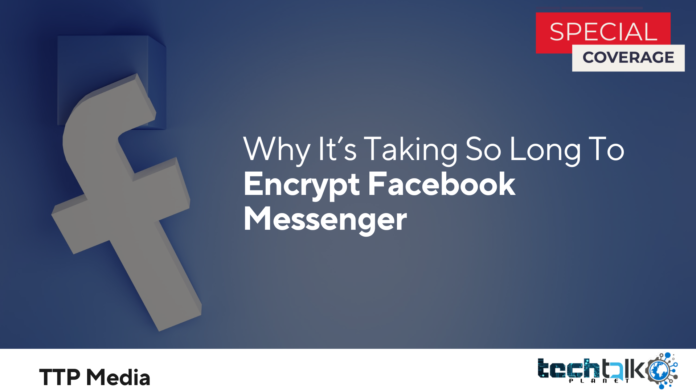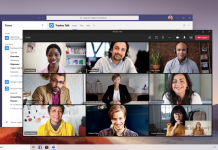
In response to a well-publicized incident in which subpoenaed Facebook messages resulted in felony charges for a 17-year-old girl and her mother in an abortion case in Nebraska, Meta announced on Thursday that it would broaden testing of end-to-end encryption in Messenger before a planned global rollout.
The business will automatically start implementing end-to-end encryption in Messenger chats for additional users this week. The number of users who can start using end-to-end encryption on Instagram direct messages will also rise in the coming weeks.
When users install Messenger on a new device, they will be able to restore their conversation history thanks to a feature called “safe storage,” which the firm has started testing. Backups may be protected with a PIN, and the function is designed to make it impossible for the business or anybody else to see their data.
The global deployment is anticipated to be finished the following year.
The fact that these disclosures came so soon after the abortion case came to light was really a coincidence, Meta said, adding that it had long planned to make similar announcements. Though I’m more concerned with the practical difficulties of making encrypted texting the standard for hundreds of millions of users than I am with the timeliness. Recent interactions with Meta staff have helped me to better understand why it’s taking so long and how the firm is facing difficulties in developing secure messaging software that users would really use due to consumer indifference about encryption.
Three years have passed since Mark Zuckerberg said that the company’s future products will embrace encryption and privacy amid a general move away from public feeds toward private discussions. The next step was to provide Messenger and Instagram with the same degree of security as WhatsApp, which at the time was already fully encrypted. The applications had to be virtually rebuilt to do this, and teams ran across a variety of obstacles along the way.
The first is the potential usability issues with end-to-end encryption. Of fact, we frequently make this sacrifice in order to have more security. However, the general public could be less likely to use a messaging app if it asks users to create a PIN in order to retrieve previous conversations or if it presents unclear or unwelcome information regarding the security of their communications.
The majority of individuals don’t understand what end-to-end encryption is, which poses a second related problem. Or, even if they have heard of it, they may not be able to tell it apart from other, less reliable types of encryption. Unlike many other platforms, Gmail only encrypts messages while they are in transit from Google’s servers to your device. The majority of users are well protected by this transport layer security technology, but Google or law enforcement can still see the contents of your communications.














































